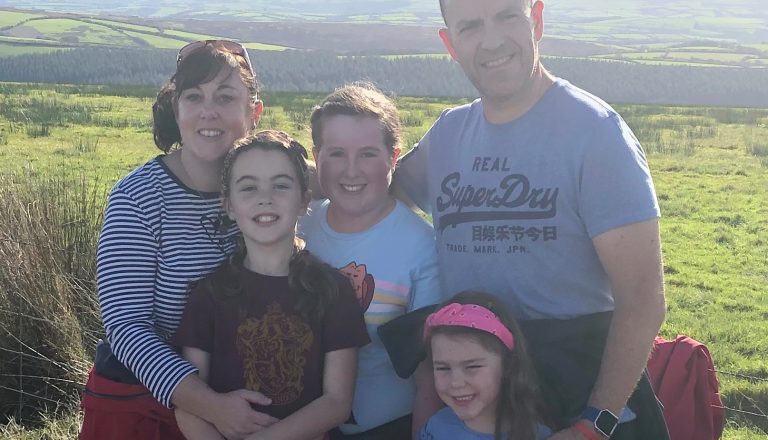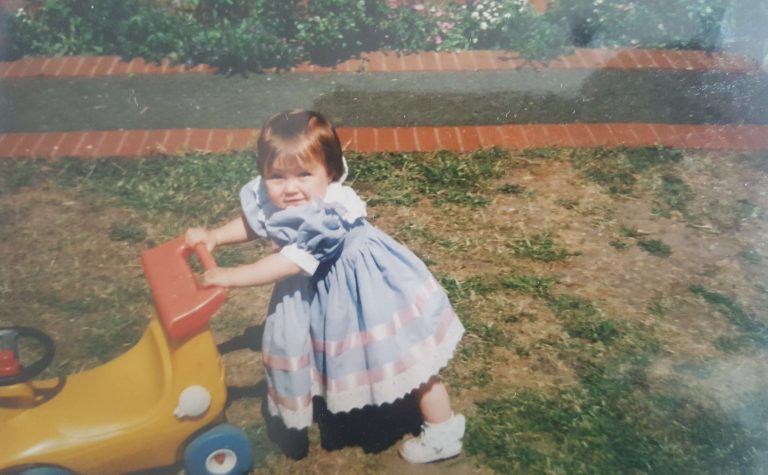Ground-breaking research by the University of Birmingham and the Institute of Cancer and Genomic Sciences has discovered a new technique to assess the aggressiveness of childhood brain tumours.
26 December 2019

Newsletter Signup x
Funded by Children with Cancer UK, Action Medical Research and The Brain Tumour Charity, the study is the first of its kind and will allow clinicians to give more personalised treatments for childhood brain cancers, which currently account for one third of all childhood cancer deaths in the UK.
Researchers took biopsies of childhood brain tumours over five years to study their chemical makeup in high precision. They found that the level of lipids and glutamine they contained were direct indicators of how aggressive a tumour would be. The more glutamine a tumour contains, the less aggressive it is likely to be; the more lipids a tumour contains, the more aggressive it is likely to be.
The study also found a non-invasive technique can be used to measure these concentrations in higher precision than is currently being done in routine clinical practice. Clinicians can simply put patients through an MRI scanner, then use a Magnetic Resonance Spectroscopy (MRS) to determine the levels of glutamine and lipids in the tumour.
Introducing this method across UK clinical practice will help increase the odds of children with brain tumours receiving treatment. This non-invasive approach specifically benefits young patients with brain tumours in high-risk areas, such as the brain stem, who may not ordinarily undergo a biopsy due to the tumour’s sensitive location. It will also enable clinicians to have a more accurate understanding of each tumour’s aggressiveness and to tailor treatments accordingly, so that they are only as toxic as they need to be.
Professor Andrew Peet, research lead at the Children’s Brain Tumour Research Team and Professor of Clinical Paediatric Oncology at the University of Birmingham and Birmingham Children’s Hospital, said:
This study is a huge step forwards towards the introduction of more personalised treatment for childhood brain tumour patients. Assessing how aggressive these tumours are at an earlier stage will help ensure that treatment is no more toxic than it needs to be, reducing the adverse effects on patients and improving their quality of life.
CEO of Children with Cancer UK Mark Brider, commented:
Childhood cancers are very different to those found in adults, they are often more difficult to treat and the treatment can be incredibly debilitating. Brain tumours are among the most common childhood tumours and I am very pleased to see developments being made to make treatment less toxic. Children with Cancer UK helps fund childhood cancer research projects like the University of Birmingham’s study in order to improve survival rates and outcomes so that children don’t have to suffer long-term effects from treatment.
Poppy Guilder from Tamworth was diagnosed with a brain tumour when she was only 14 months old. After intensive treatment and multiple surgeries, Poppy’s tumour is now stable, but she still requires regular check-ups and close monitoring. In this scientific trial, researchers used samples of Poppy’s tumour to assess the aggressiveness of childhood brain tumours and determine better outcomes for patients.
Commenting on Poppy’s fight against childhood cancer, her mum Lisa said:
When Poppy was first diagnosed at 14 months, the prognosis was poor. Every day 12 families get the news that their child has cancer and when we heard the news, like so many other parents, we feared the worst. Poppy had to go through a series of gruelling treatments, and she suffered from terrible side-effects – both immediately and in the longer-term. Thankfully at 16 years, Poppy lives a healthy, happy life and the tumour is currently stable. Being part of this groundbreaking study means that in future, no child will have to undergo treatment that is more toxic than it needs to be.

Patient Story – Lauren
Lauren was diagnosed with T-Cell Non-Hodgkin Lymphoma when she was four years old. Now in her 20s, Lauren shares
Read more